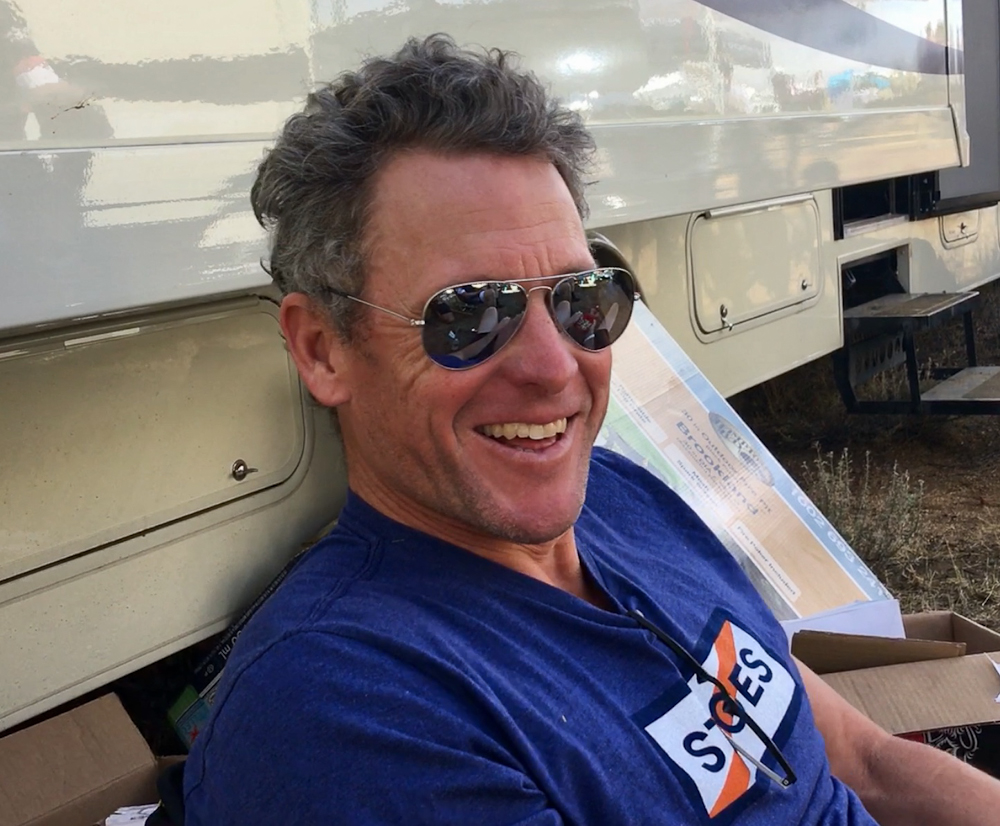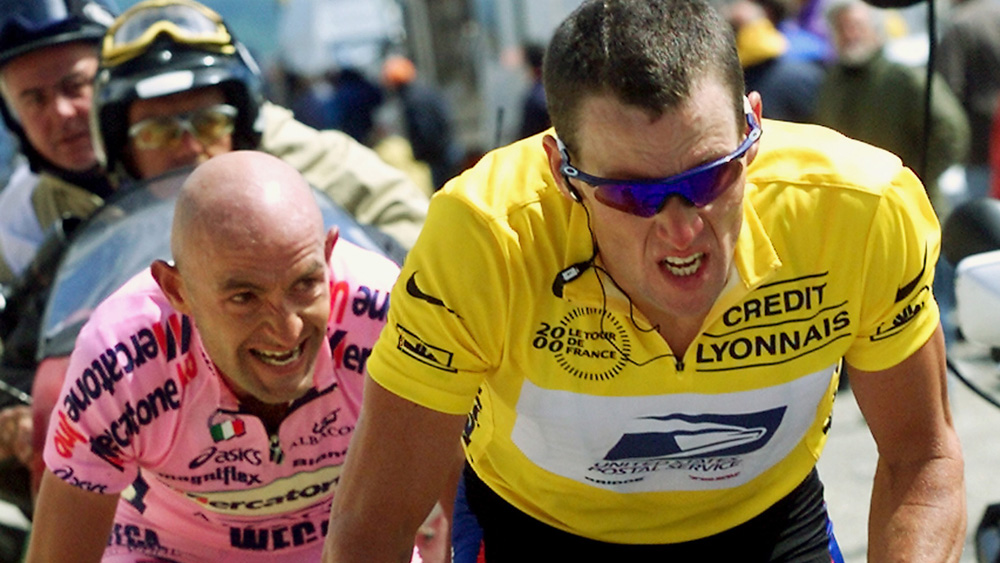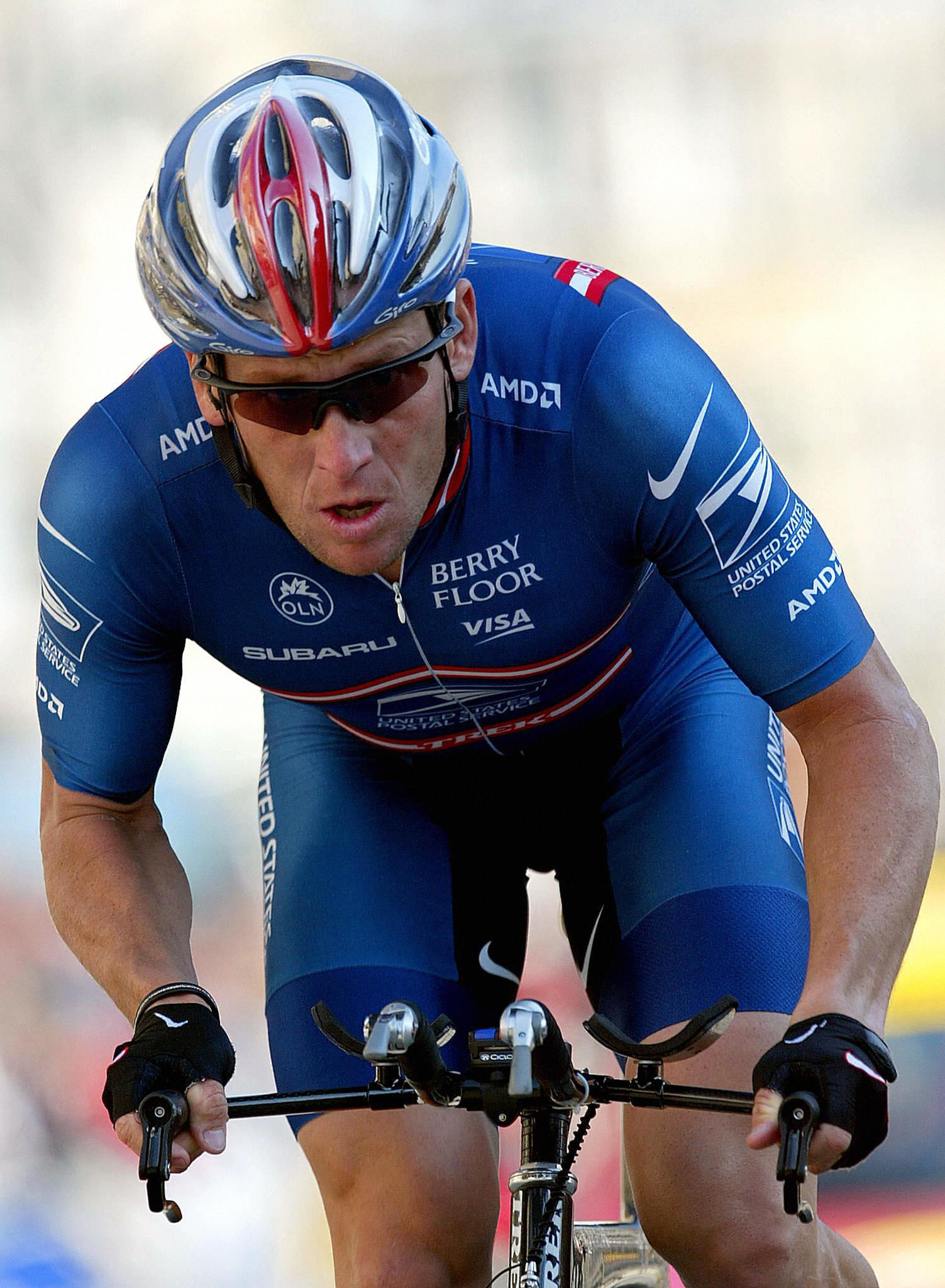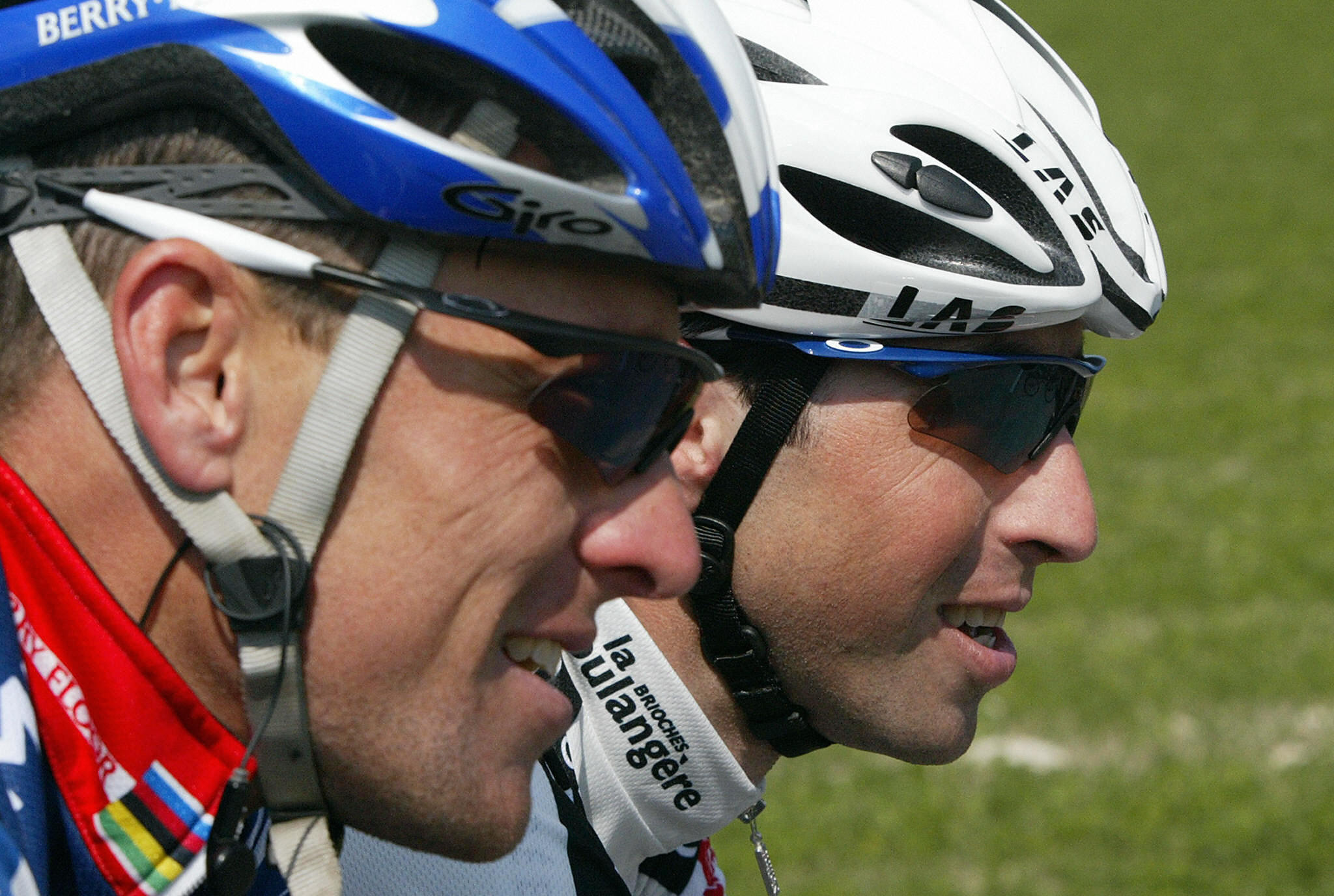Lance Armstrong settles federal lawsuit for $5 million
Landis to get $1.65 million for legal fees




Lance Armstrong and his attorneys have come to a settlement with the United States government and Floyd Landis in the False Claims Act lawsuit, rather than go to trial on May 7.
Lance Armstrong confesses to EPO and blood doping
Armstrong reaches settlement with insurance company
Report: Armstrong pays $10 million to settle SCA litigation case
Lance Armstrong: My life hasn't been without punishment
Stapleton, Knaggs settle Landis federal lawsuit
Lance Armstrong suggests doping confession cost him $100 million
"I am glad to resolve this case and move forward with my life," Armstrong said in a press release. "I'm looking forward to devoting myself to the many great things in my life – my five kids, my wife, my podcast, several exciting writing and film projects, my work as a cancer survivor, and my passion for sports and competition. There is a lot to look forward to."
In the terms of the settlement, Armstrong agrees to pay $5 million USD to the United States government and $1.65 million to Landis to cover his legal fees and expenses, but according to the agreement, the settlement "is neither an admission of liability by Armstrong nor a concession by the United States or Relator [Landis - ed.] that their respective claims are not well founded."
Landis filed the 'whistleblower' suit under the False Claims Act, which allows citizens to sue individuals for defrauding the government, for doping activities that took place on Armstrong's team when it was sponsored by the US Postal Service.
Armstrong denied the claims of doping when Landis filed the suit in 2010, but was later investigated and charged with multiple anti-doping rule violations by the US Anti-Doping Agency in 2012. He confessed to doping in January, 2013.
Following his confession, the US government joined the whistleblower suit, with attorneys on both sides going back and forth over the minutiae of the case for more than five years.
The agreement is a fraction of what the government could have gotten from Armstrong under the False Claims Act, which allows for treble the amount defrauded - some $100 million for three-times the total US Postal Service sponsorship.
Get The Leadout Newsletter
The latest race content, interviews, features, reviews and expert buying guides, direct to your inbox!
Armstrong's business partners Bill Stapleton and Barton Knaggs settled with the US government for $158,000 in 2017 after being named in the same suit.
By settling the case, Armstrong avoids a public trial in which the US government planned to call some 50 witnesses to support their case.
"I am particularly glad to have made peace with the Postal Service," Armstrong said. "While I believe that their lawsuit against me was without merit and unfair, I have since 2013 tried to take full responsibility for my mistakes, and make amends wherever possible. I rode my heart out for the Postal cycling team, and was always especially proud to wear the red, white and blue eagle on my chest when competing in the Tour de France. Those memories are very real and mean a lot to me."
Armstrong has one year to make the payments to the government and Landis, and has agreed to put a lien on his property in Texas as collateral.
Armstrong's Austin home was re-listed for sale for $7.5 million in March. It failed to sell for $8.5 million in 2016. Should the Austin home sell, he would be required to list his Colorado home as collateral under the settlement agreement.
According to the settlement document, Armstrong has confirmed that the payments to settle the case will not push him into insolvency.
It is the third time Armstrong has had to settle a lawsuit over doping allegations. In 2013 he paid an undisclosed amount after being sued by The Times, which in 2004 was forced to pay him £300,000 for libel for publishing doping accusations made by journalist David Walsh. The Times sought £1.2 million.
In 2015, Armstrong settled for a reported $10 million with the SCA Promotions company, which refused to pay out $5 million in bonuses for Armstrong's Tour de France victories after the publication of Walsh's book L.A. Confidentiel. Armstrong sued them in 2005, perjuring himself by declaring under oath that he had not taken performance enhancing substances. He won that case, gaining his bonus and $2.5 million in legal fees.
Download the Cyclingnews Film The Holy Week! Rent ($1.99 USD) or purchase ($4.99 USD) from Vimeo On Demand. You can watch the trailer below, with options to buy or rent at the end.
THE HOLY WEEK from Cyclingnews Films on Vimeo.